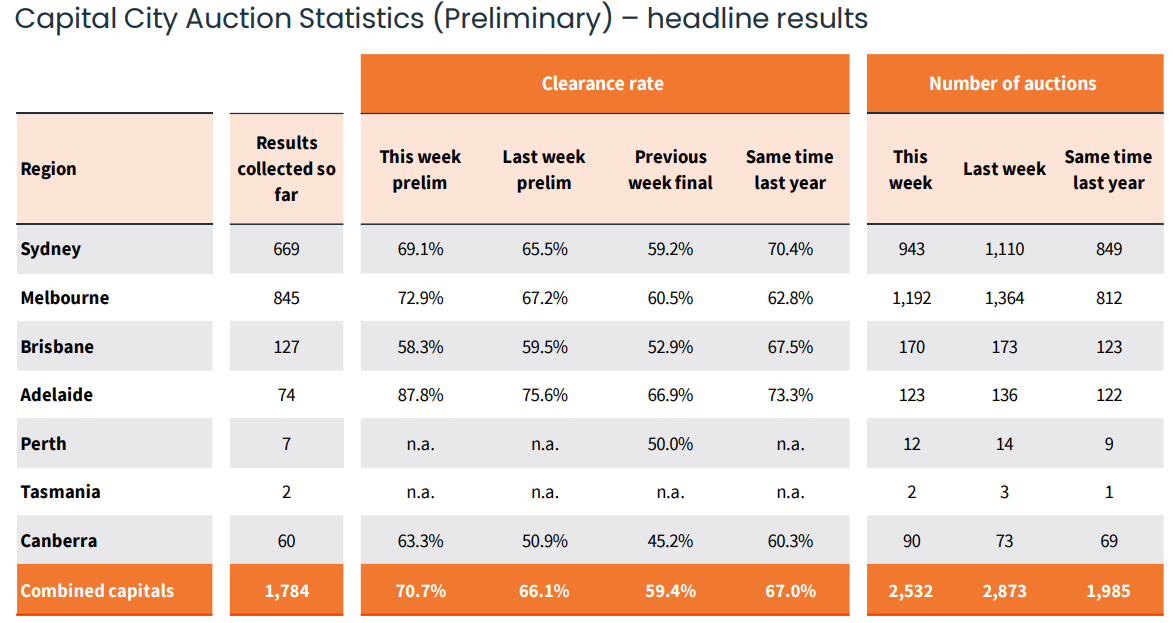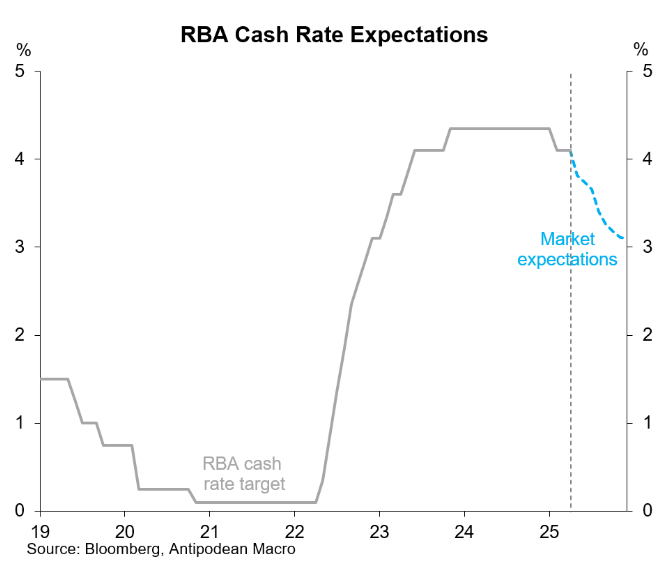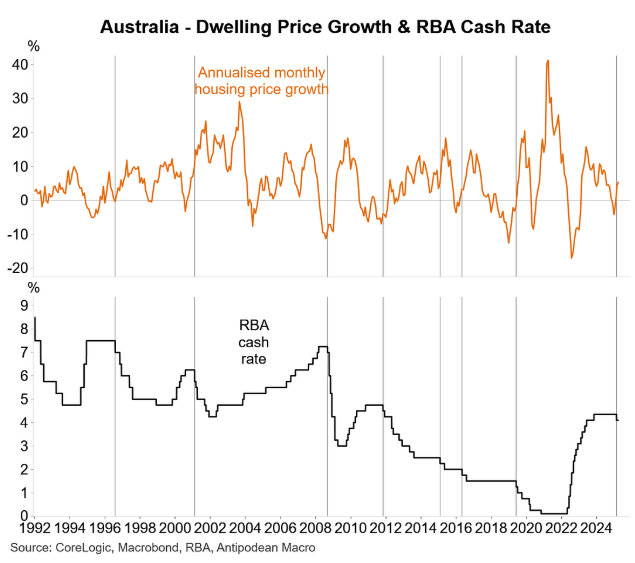On Thursday, Australian time, the Trump Administration announced its “Liberation Day” retaliatory tariffs, which impose tariffs of between 10% and 48% on trading partners.
The announcement of the tariffs led to heavy falls on global stock markets.
US markets suffered heavy losses, with the S&P 500 losing $5 trillion in value in two days. This was worse than the loss at the start of the COVID-19 pandemic in March 2020.
The ASX 200 lost 0.9% on Thursday and 2.4% on Friday, with nearly $70 billion wiped off Australian shares.
The Australian share market is certain to suffer further losses on Monday, following Friday’s heavy falls on Wall Street.
The share market uncertainty is likely to drive investors into other ‘safe haven’ asset classes, like property.
The weekend’s auction results underlined this view, with preliminary auction results bouncing strongly across the major capital city markets.

Source: CoreLogic
According to CoreLogic, the preliminary auction clearance rate across the combined capital cities rose to 70.7%, which was the highest result in six weeks and the first time the combined capitals preliminary clearance rate has been above the 70% mark since the week ending 23 February.
“Most cities recorded a rise in the preliminary clearance rate, demonstrating a broad based improvement in auction trends despite the uncertainty of US tariff announcements and the subsequent volatility in global share markets through the week”, noted CoreLogic.
The bounce was led by Melbourne, whose 72.9% preliminary clearance rate was the highest since July last year.
Looking ahead, the Trump Administration’s tariffs have increased the chances of deeper interest rate cuts from the Reserve Bank of Australia (RBA) for two reasons.
First, the tariffs are likely to slow global growth and have increased the risks of a global recession.
Second, Australia is likely to be dumped with cheaper goods from Asia, which will lower imported goods inflation.
As illustrated by Justin Fabo from Antipodean Macro, interest rate markets now expect at least 100bps of RBA cash rate cuts by December.

Fabo also showed that every time the RBA has eased monetary policy, it has positively impacted home prices.

In short, the Trump Administration’s tariffs have increased the likelihood of an Australian house price boom.

